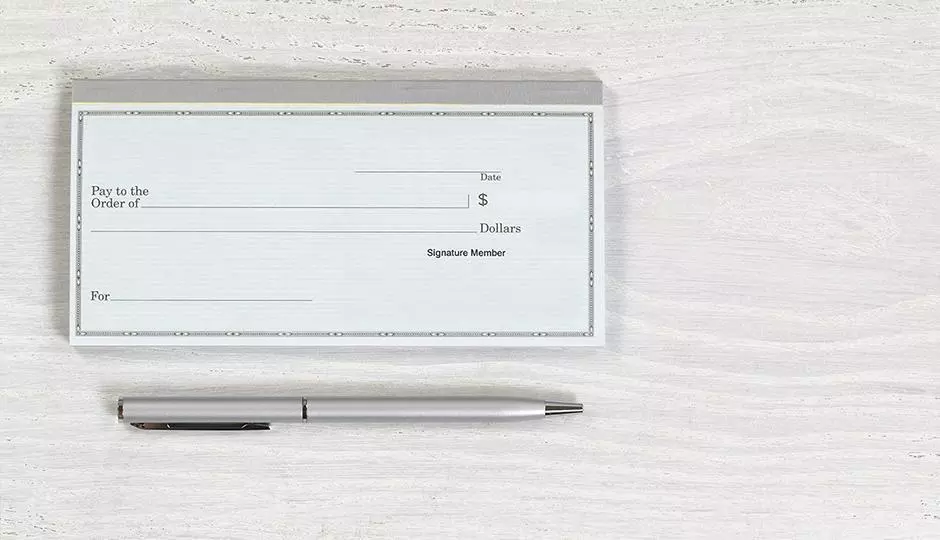The short answer – it depends. In order for the IRS to have the authorization to seize your physical property, such as money or land, the IRS must first issue a series of notices requesting that you remit payment for your outstanding balance. Eventually, the IRS will issue a Final Notice of Intent to Levy (FNIL; usually reflected as a CP90 or LT11 in the upper right hand corner of the notice) which is your last chance submit payment. If you cannot afford to make payment in full, the FNIL provides you with a 30-day time frame to file a Collection Due Process Appeal. If no Appeal is filed and no resolution request has been submitted, then the IRS can move forward with a levy upon your banking account in order to collect the debt owed.
News

07 / 24 / 17
- Details
- Written by Bryson Law Firm






















